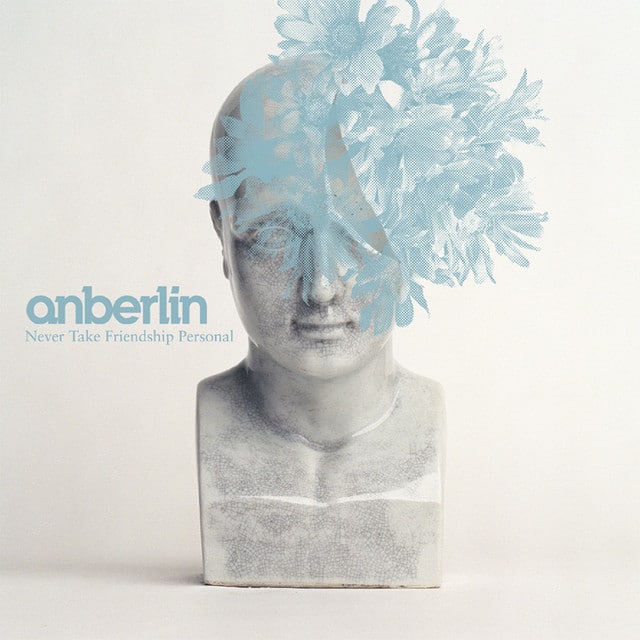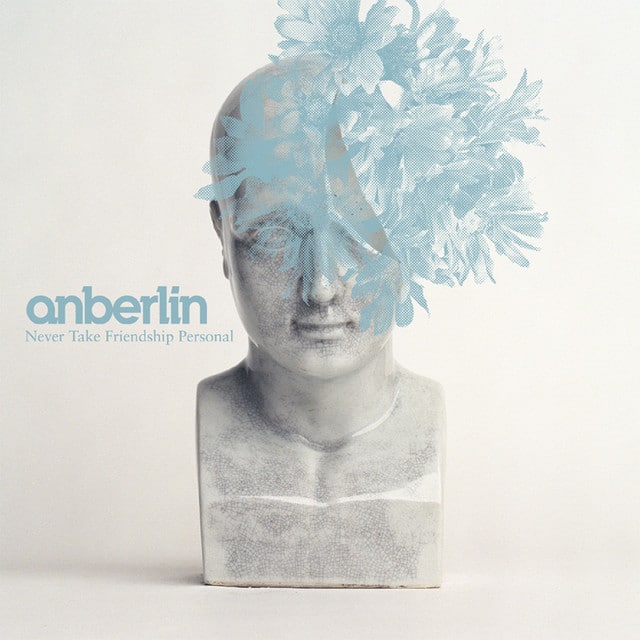Released: 2005
“The Feel Good Drag” by Anberlin dives into the tempestuous waters of temptation, regret, and the consequences of yielding to momentary pleasures. The song narrates a narrative of a forbidden and ill-fated relationship marked by deceit, betrayal, and the inevitable downfall that follows. This track is a confession and an accusation rolled into a cathartic anthem, which sets the stage for an introspection on the nature of sin, desire, and loss.
The opening lines, “I’m here for you”, she said, And we can stay for a while, My boyfriend’s gone We can just pretend,” immediately set the scene of a clandestine meeting wrapped in the thrill of deceit. Here, Anberlin sketches a scenario rife with moral ambiguity – the invitation to “pretend” in the absence of the woman’s boyfriend highlights the deliberate oversight of commitment in pursuit of fleeting desire. “Lips that need no introduction” symbolizes the undeniable and familiar attraction, suggesting a past or a deep-seated longing that requires no formalities to rekindle. The question “Now who’s the greater sin?” reflects the internal conflict and the weighing of guilt between the participants of this affair.
As the chorus kicks in with, “Was this over before / Before it ever began? / Your kiss, your calls, your crutch / Like the devil’s got your hand,” we’re thrust into the core dilemma of the song. The rhetorical question underscores the inevitability of the relationship’s failure, questioning whether it was doomed from the start. The reference to “the devil’s got your hand” vividly captures the sense of being led astray, suggesting that the affair was under the influence of base desires rather than genuine affection. Moreover, “Your lips, your lies, your lust” catalog the sins that fueled the relationship, portraying the intense but ultimately destructive nature of their connection.
The lines “Everyone in this town is seeing somebody else / Everybody’s tired of someone” depict a broader context of dissatisfaction and restlessness, capturing a sense of pervasive moral decay and the search for something more fulfilling or exciting. This sense of universal discontent speaks volumes about human nature’s perpetual quest for gratification and the ease with which commitments are discarded when they no longer serve our immediate desires.
“You were my greatest mistake / I fell in love with your sin / Your littlest sin,” offers a moment of reflection and regret. Here, the speaker acknowledges the allure of the forbidden, admitting that the sin itself was part of the attraction. This admission reveals a deeper layer of the speaker’s character, one that is fascinated, if not enamored, by transgression, despite recognizing it as a “mistake.”
Finally, “Failure is your disease / You want my outline drawn / You were my greatest failure / Discourse your saving song,” these lines express a sense of finality and resignation. The term “disease” metaphorically signifies a fundamental flaw or an inherent predisposition to fail in relationships. “Discourse your saving song” implies a plea or the last attempt at redeeming what’s left of the relationship, even though it’s acknowledged as the “greatest failure.”
In conclusion, “The Feel Good Drag” by Anberlin is a raw and unflinching exploration of the destructive cycle of sin and regret, set against the backdrop of a doomed affair. Through its potent lyrics, the song captures the essence of human frailty, the seduction of temptation, and the painful reckoning with one’s actions. Anberlin masterfully crafts a narrative that resonates with anyone who’s ever been caught in the grip of desire, making it a timeless piece in the annals of rock.






